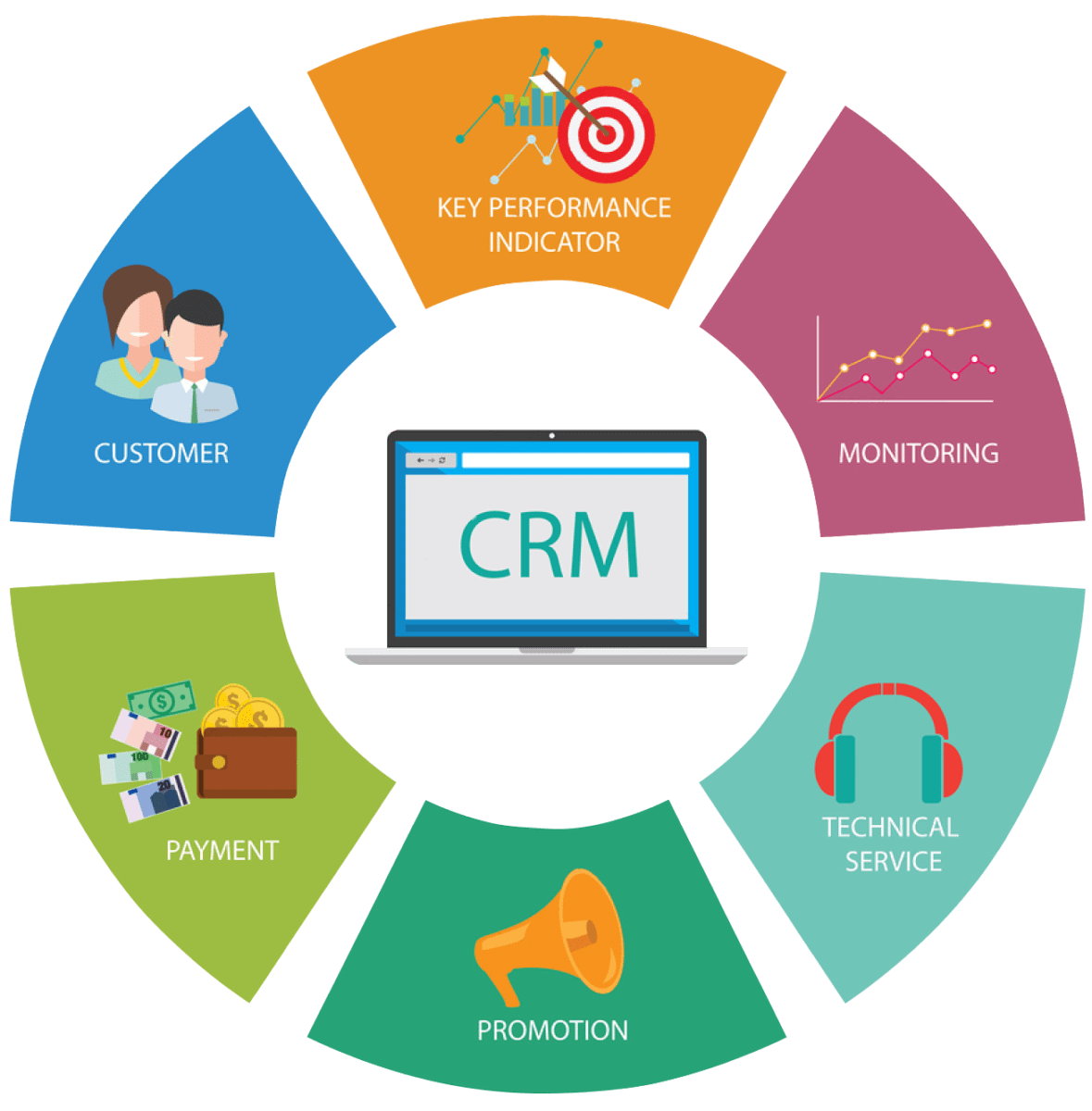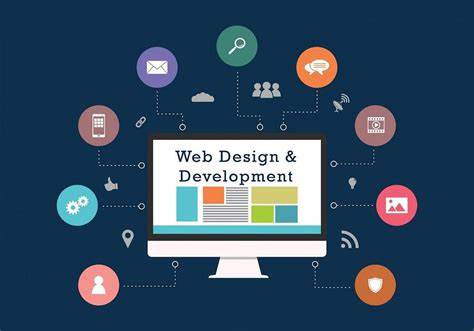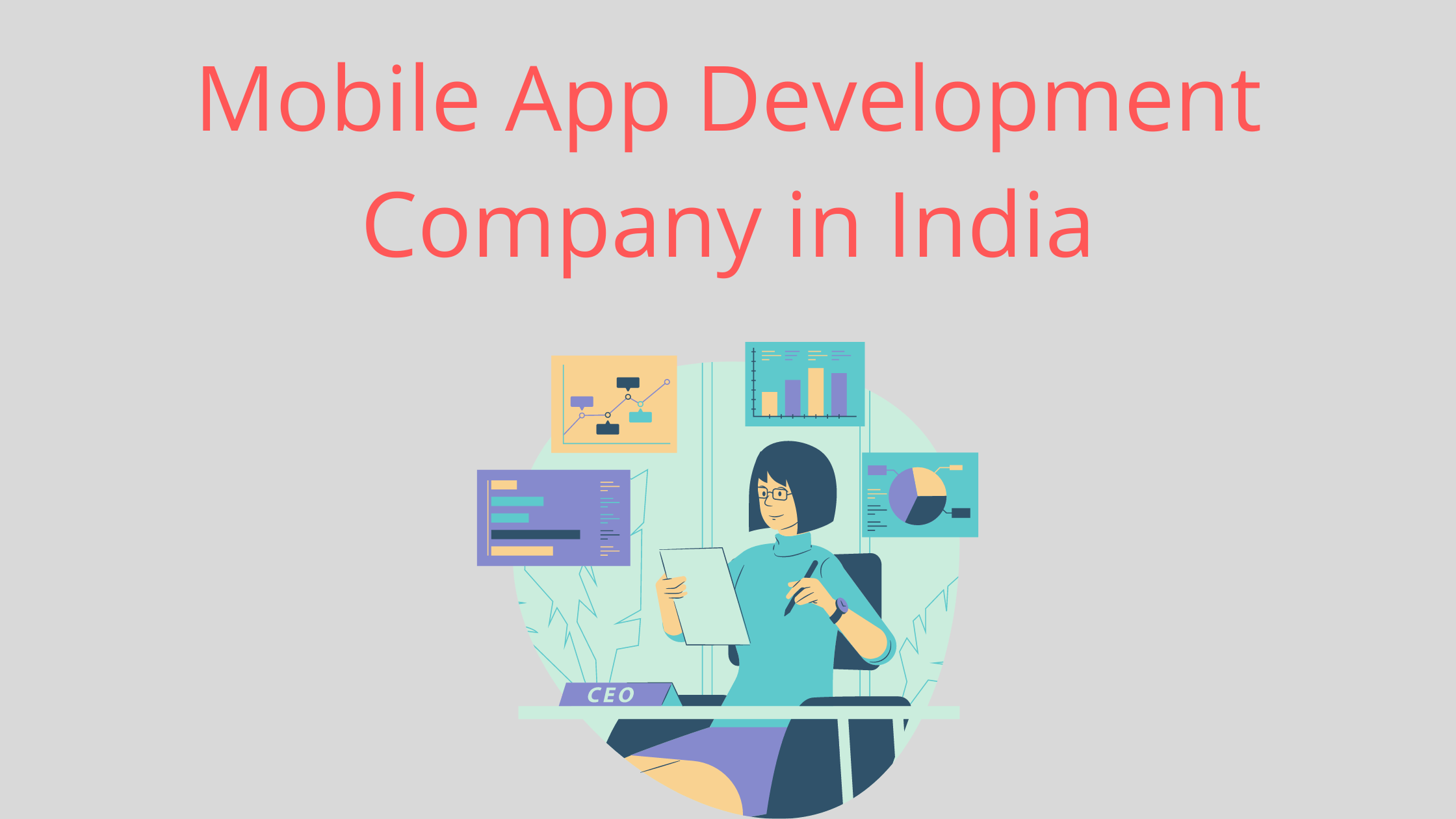
Introduction
CRM (Customer Relationship Management) software is an essential tool for businesses to manage their customer data, sales, and service interactions. As businesses grow, the need for customized CRM solutions increases, creating a demand for skilled CRM software developers. For beginners, developing CRM software can seem challenging, but with the right resources and guidance, it becomes a manageable and rewarding field. Oprezo India is here to help you kick-start your CRM development journey with a curated list of resources that are perfect for beginners.
CRM software helps businesses store customer data, manage customer relationships, track sales, and analyze customer interactions. To build CRM systems, developers need to understand:
CRM Modules: CRM software is divided into modules such as Sales, Marketing, Customer Service, and Support. Each module focuses on a specific aspect of customer management.
Key Features: CRM applications often include features like contact management, lead tracking, sales automation, email integration, and reporting.
Customization: Modern businesses require CRM solutions tailored to their specific needs, making customization a crucial aspect of CRM software development.
Several programming languages are used in CRM software development, and learning these can help you build your own CRM solutions:
JavaScript: JavaScript is widely used for front-end development, allowing you to create interactive user interfaces for CRM software.
PHP: PHP is a server-side language that is often used for backend CRM development, especially when building web-based CRM applications.
Python: Python is known for its simplicity and is often used for developing CRM software with advanced data analytics features.
C#: For developers working with Microsoft Dynamics CRM, learning C# is essential, as it is the primary language used to extend and customize Dynamics CRM solutions.
SQL: CRM systems rely on databases to store customer information, so learning SQL is important for managing data efficiently.
Using the right frameworks can speed up the development process and make your CRM software more efficient:
Laravel (PHP): Laravel is a popular PHP framework used to build scalable CRM applications with powerful features like routing, templating, and user authentication.
Django (Python): Django is a robust Python framework that simplifies the development of CRM solutions by providing pre-built components and an easy-to-use admin interface.
ASP.NET (C#): ASP.NET is the go-to framework for building enterprise-level CRM systems, especially when working with Microsoft technologies like Dynamics 365.
MEAN/MERN Stack (JavaScript): For full-stack CRM development, JavaScript-based stacks like MEAN (MongoDB, Express, Angular, Node.js) or MERN (MongoDB, Express, React, Node.js) are widely used for building responsive, cloud-based CRM solutions.
Once you are familiar with the basics of programming languages and frameworks, it’s time to create your first CRM project. Here are a few beginner-friendly CRM applications to start with:
Contact Management System: Build a simple contact management system where users can store, view, and update customer details. Use a backend database like MySQL or MongoDB to store customer data.
Lead Management System: Create a CRM module that tracks leads, opportunities, and deals. Implement features like lead assignment, tracking, and reporting.
Customer Support System: Develop a ticketing system where customer support teams can log and track customer issues, assign tickets to agents, and manage resolutions.
By starting with these basic CRM systems, you can grasp the core concepts and expand your project with additional features like sales automation, email campaigns, or analytics.
Here are some essential tools that will help beginners in CRM development:
Customer Database: Use databases like MySQL, PostgreSQL, or MongoDB to store customer information.
API Integration: Integrate third-party services like Twilio for SMS notifications or SendGrid for email campaigns into your CRM.
Git: Version control tools like Git and platforms like GitHub or Bitbucket help manage your code and collaborate with teams effectively.
Docker: Use Docker to containerize your CRM application and ensure it runs consistently across different environments.
Cloud Platforms: Hosting your CRM system on cloud platforms like AWS, Google Cloud, or Azure allows for scalability and global accessibility.
Testing is an important part of CRM software development. Make sure to:
Write Unit Tests: Use testing frameworks like JUnit for Java, PyTest for Python, or PHPUnit for PHP to write unit tests and ensure that your CRM system functions as expected.
Integration Testing: Test the integration of different CRM modules (e.g., sales and marketing) to ensure they work seamlessly together.
Load Testing: CRM systems often handle a large amount of data and user requests, so it's important to perform load testing to ensure your system can scale as your user base grows.
Debugging Tools: Use debugging tools provided by your IDE (like Visual Studio, PyCharm, or VS Code) to troubleshoot issues in your CRM codebase.
To speed up the CRM development process, many developers use ready-made CRM platforms and APIs:
Salesforce CRM: Salesforce is a popular CRM platform with extensive customization options. Beginners can learn to extend and build custom CRM apps using Salesforce’s Apex language and Lightning platform.
Microsoft Dynamics CRM: Dynamics CRM is part of Microsoft’s enterprise ecosystem, and developers can extend its functionality using C#, .NET, and Power Platform tools.
Zoho CRM: Zoho CRM provides a developer-friendly API that allows you to build custom modules and integrate third-party tools.
HubSpot API: HubSpot provides a comprehensive API that developers can use to build custom solutions and integrate with HubSpot's CRM functionality.
Oprezo India CRM Guide: Oprezo India offers a tailored learning path for beginners, providing tutorials, tools, and resources to help you understand CRM development.
Salesforce Developer Center: The official Salesforce Developer Center is a great resource to learn how to build CRM solutions using Salesforce.
Microsoft Learn: The Microsoft Learn platform offers extensive resources to get started with Microsoft Dynamics CRM development.
Udemy: Udemy has several beginner-friendly CRM development courses, including ones focused on Salesforce, Dynamics 365, and custom CRM development using PHP or Python.
As more businesses rely on CRM systems to manage customer data and interactions, the demand for CRM developers is growing. By mastering CRM software development, you can pursue careers in roles such as:
The ability to build customized CRM solutions is highly valuable, as it helps businesses optimize their customer relationships and sales processes.
CRM software development is a rewarding field that offers numerous opportunities for developers to build impactful solutions for businesses. By mastering essential languages, frameworks, and tools, beginners can start developing their own CRM systems and contribute to a fast-growing industry. Oprezo India’s beginner-friendly resources provide the perfect starting point for learning CRM development, helping you build scalable, feature-rich CRM applications and enhance your skills for future success.
 Trusted Android App Development & Top Website Development Company in Delhi NCR | Oprezo India
Trusted Android App Development & Top Website Development Company in Delhi NCR | Oprezo India
 Oprezo India – Best Backend Development Company in Delhi NCR
Oprezo India – Best Backend Development Company in Delhi NCR
 Best Web Development Company in Delhi NCR | Oprezo India
Best Web Development Company in Delhi NCR | Oprezo India
 Best Mobile App Development Company in Delhi | Oprezo India
Best Mobile App Development Company in Delhi | Oprezo India
 Best Digital Marketing & SEO Company in Delhi NCR | Oprezo India
Best Digital Marketing & SEO Company in Delhi NCR | Oprezo India